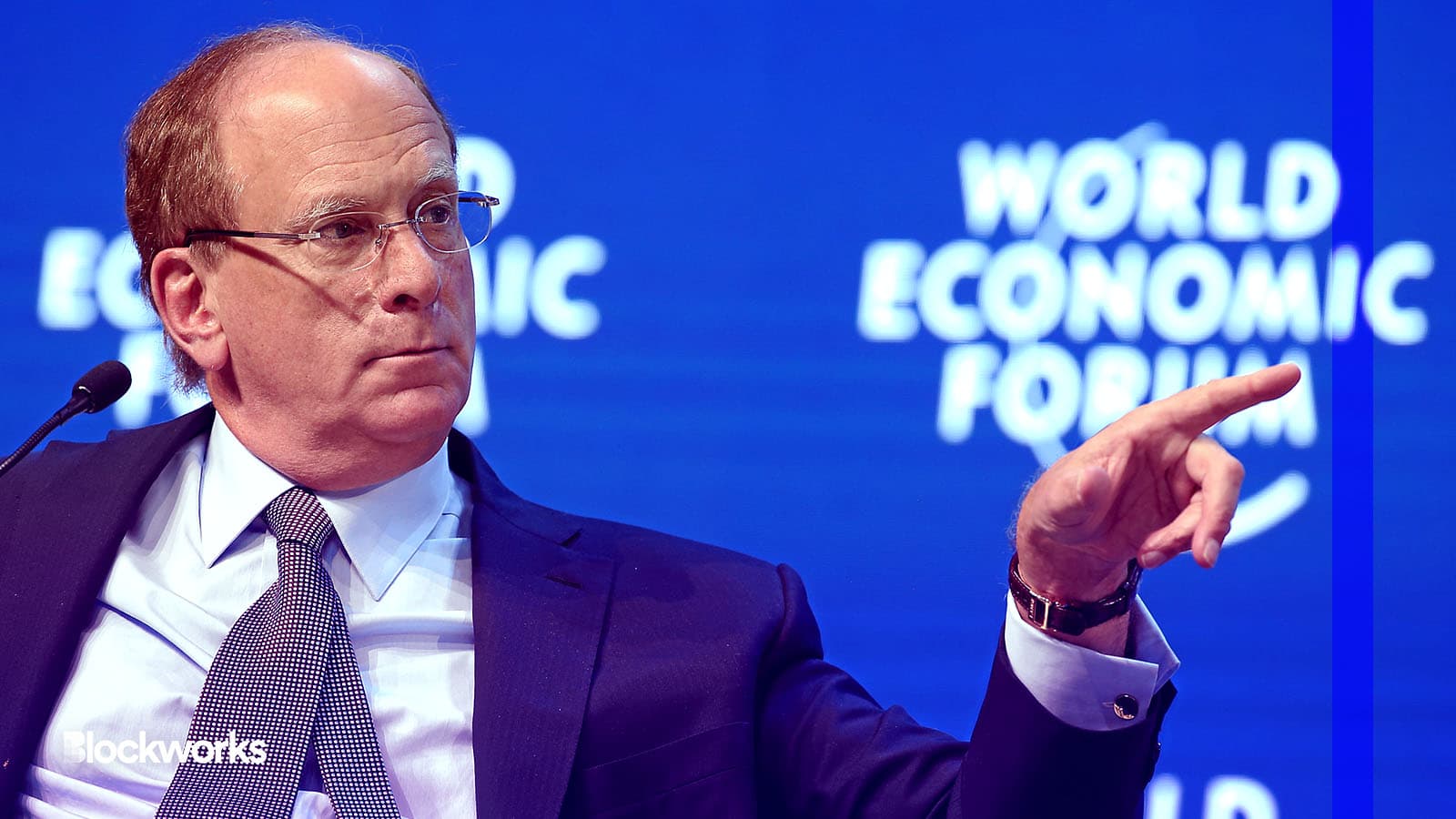As tensions escalate in the Middle East, the U.S. has declared that it will not participate in any retaliatory action against Iran if Israel decides to respond to the recent drone and missile attack. This stance was confirmed by President Joe Biden during discussions with Israeli Prime Minister Benjamin Netanyahu. The U.S. intends to continue supporting Israel's defense but is keen on avoiding an escalation into open warfare. The region remains on high alert, with global powers and neighboring Arab nations calling for restraint to prevent further conflict.
The recent attack from Iran, launched in response to a suspected Israeli strike in Syria, involved over 300 missiles and drones, causing limited damage thanks to defensive efforts by the U.S., Britain, and Jordan. Despite the scale of the attack, the damage in Israel was relatively contained, with an Air Force base hit but remaining operational, and a child being seriously injured by shrapnel. The situation remains fraught, with significant concerns about a broader regional escalation.
Market Overview:
-Tensions soar in the Middle East as Iran launches a missile and drone attack against Israel.
-The US urges restraint and warns Israel against retaliation, fearing escalation into a wider conflict.
Key Points:
-President Biden informs Israeli Prime Minister Netanyahu that the US will not participate in any counter-offensive.
-While offering continued support for Israel's defense, the US prioritizes de-escalation.
-Iran claims its attack was a "limited" response to Israeli actions and warns of a harsher response if Israel retaliates.
Looking Ahead:
-An emergency UN Security Council meeting is scheduled to address the situation.
-Global powers, including Russia, China, and Arab states, call for restraint from all parties involved.
-Risk of further escalation remains high as both Israel and Iran weigh their next moves.
In response to these developments, international diplomacy is in overdrive, with the United Nations Security Council scheduling a meeting to discuss the situation. Major global players like Russia, China, France, and Germany, along with regional actors such as Egypt, Qatar, and the UAE, are urging caution. German Chancellor Olaf Scholz, during a visit to China, emphasized the importance of preventing further escalation, particularly urging Iran to reconsider its approach.
The backdrop of these military actions includes the ongoing conflict in Gaza, which has broadened to involve various Iran-aligned groups across the region, adding layers of complexity to Netanyahu’s decision-making process. As Israel contemplates its next steps, the international community remains watchful, hoping to avert a deeper crisis that could have widespread implications for regional stability and global security.


